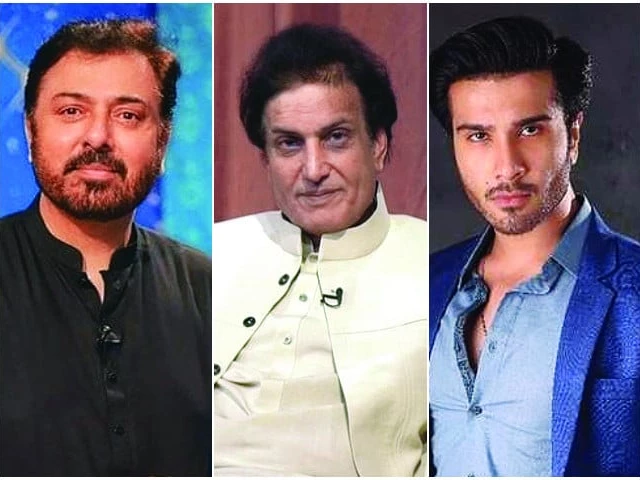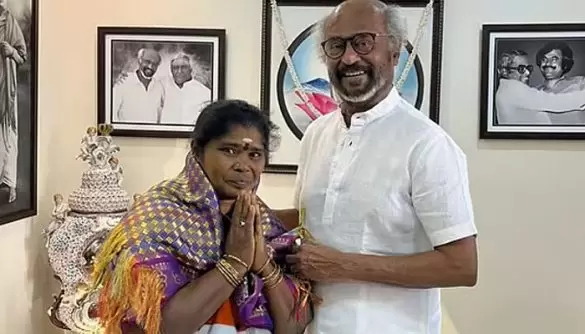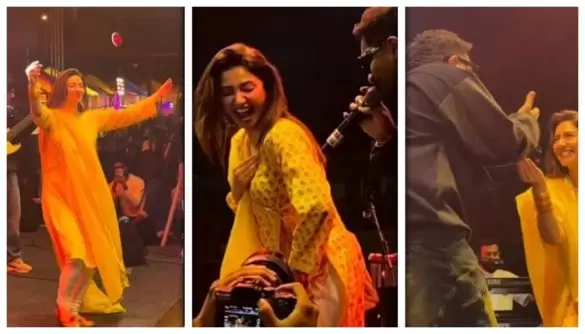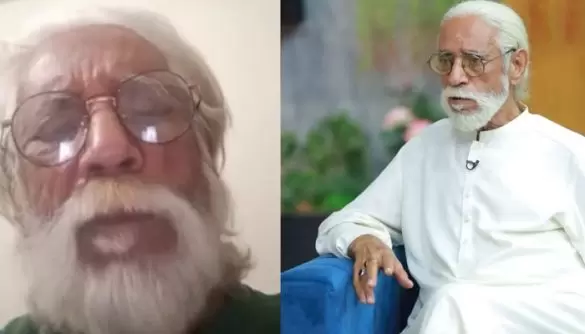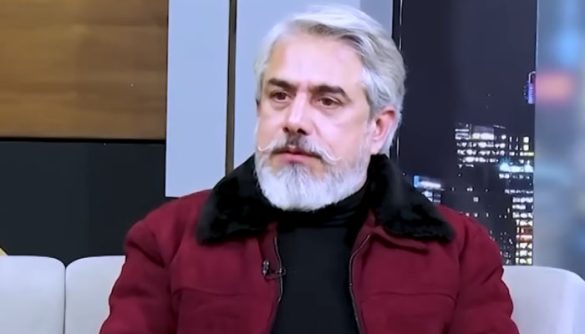Karachi: A recent online controversy surrounding actor Naumaan Ijaz has reignited debate over persistent misogyny in Pakistan’s entertainment industry. After YouTuber Maaz Safdar gifted his wife an oversized bouquet, Ijaz mocked the gesture, warning women not to “expect such nonsense” from men a comment widely criticized as patronizing and sexist.
This isn’t new. In past interviews, Ijaz casually joked about infidelity and blamed women for sexual harassment, dismissing the #MeToo movement as a product of “distance from religion.” When confronted, he claimed “Allah is witness enough,” ignoring basic ethical and professional safeguards.
Other industry figures mirror this behavior. Khalilur Rehman Qamar, known for his misogynistic remarks, once verbally abused journalist Marvi Sirmed on live TV and dismissed women’s rights as Western propaganda. Despite public outrage, he remains a celebrated screenwriter.
Actor Faysal Quraishi age-shamed Saba Qamar, while Danish Taimoor made polygamy comments on live TV that visibly discomforted his wife Ayeza Khan. These are not isolated incidents; they reflect a culture where disrespect toward women is normalized, rewarded, and passed off as “jokes.”
Even more disturbing is the case of Feroze Khan, accused of domestic violence by his ex-wife Syeda Aliza Sultan. Despite court documents and photographic evidence of abuse, he continues to receive acting offers and recently announced a new marriage to his former therapist — a move that would constitute malpractice in most countries.
This pattern — ridicule, denial, and glorification — reveals how Pakistan’s media culture shields abusive men. Misogyny here isn’t an opinion; it’s a career strategy. And unless held accountable, these narratives will keep shaping how society views — and mistreats — women.
Have something to say? Share your thoughts in the comments.

